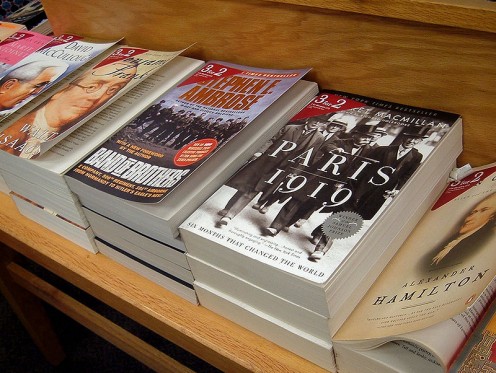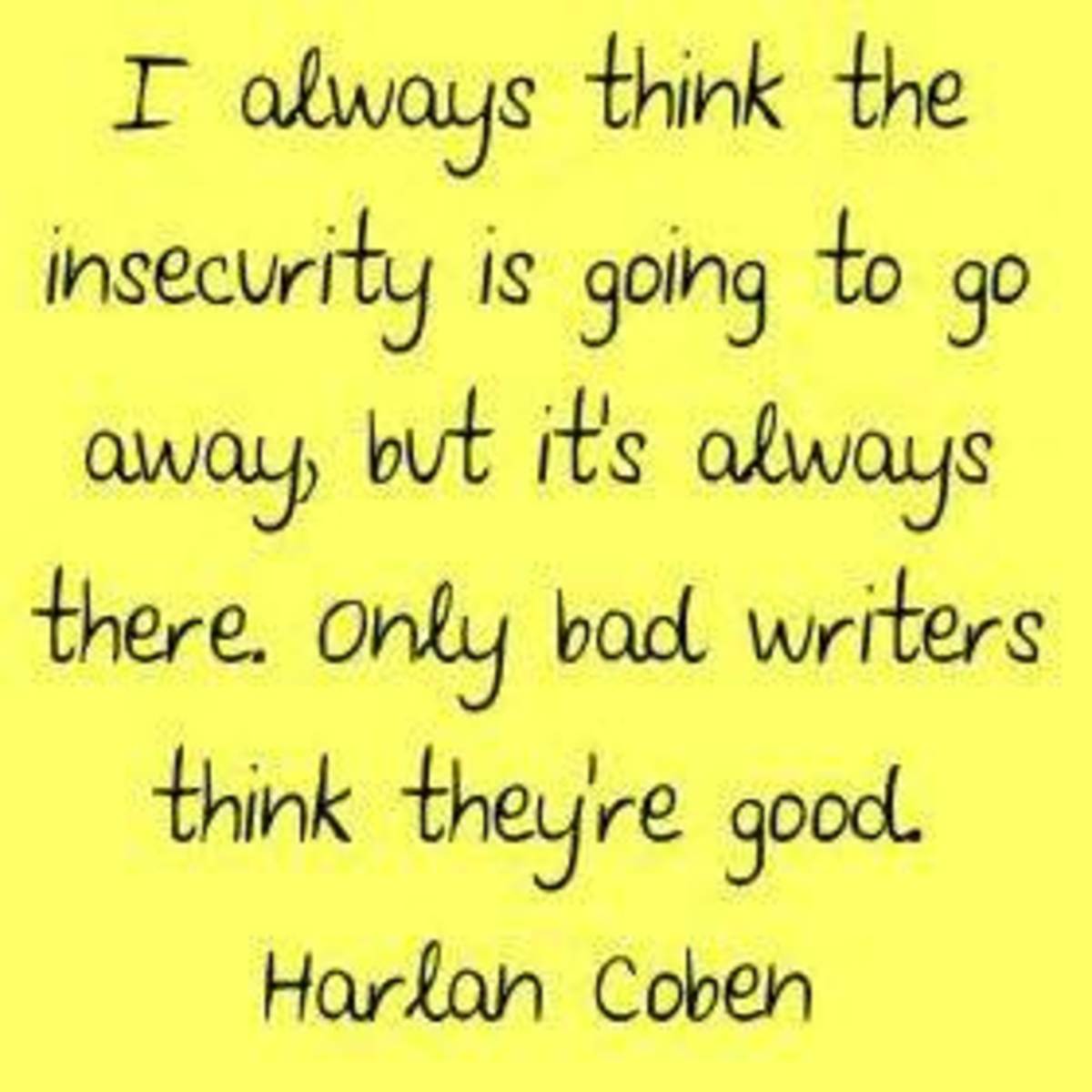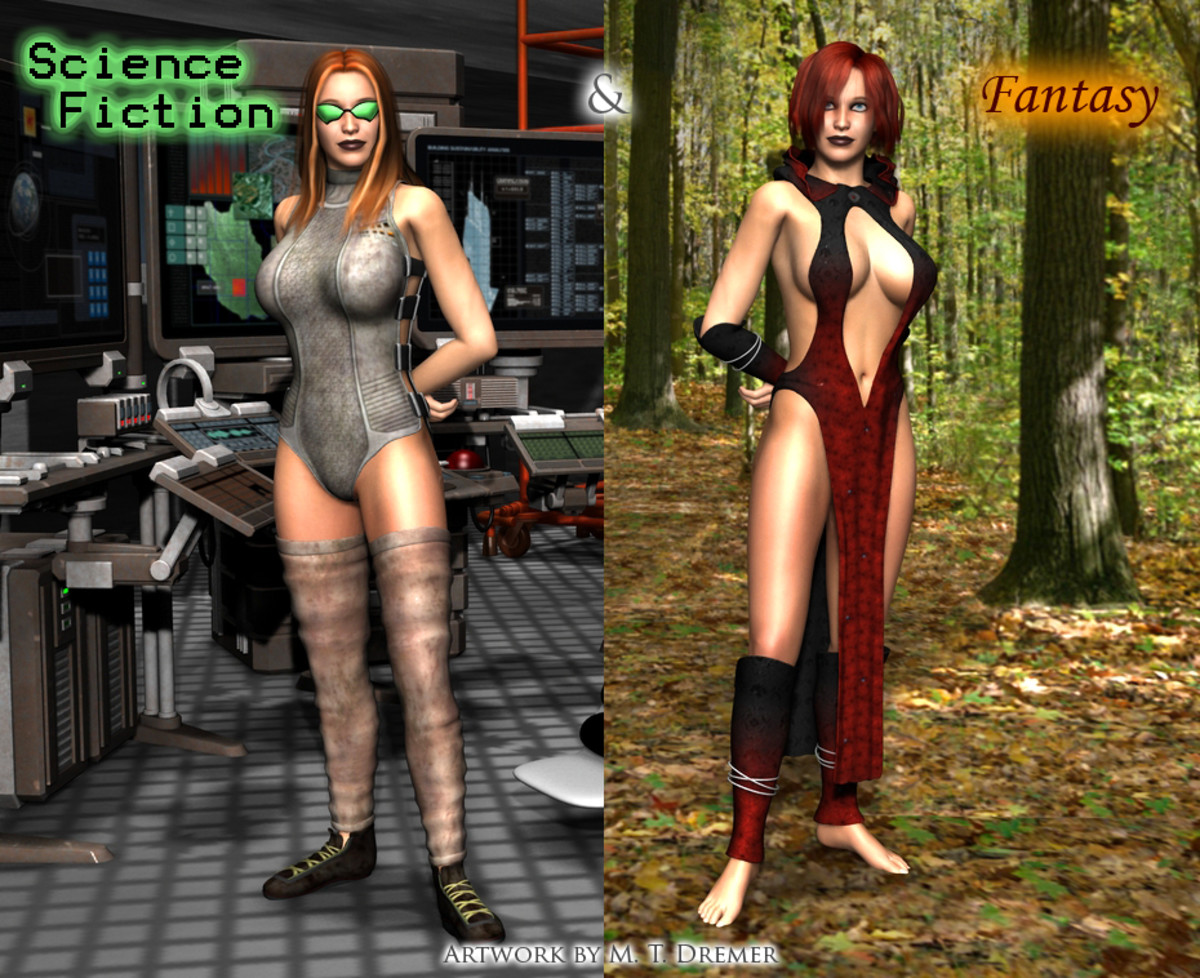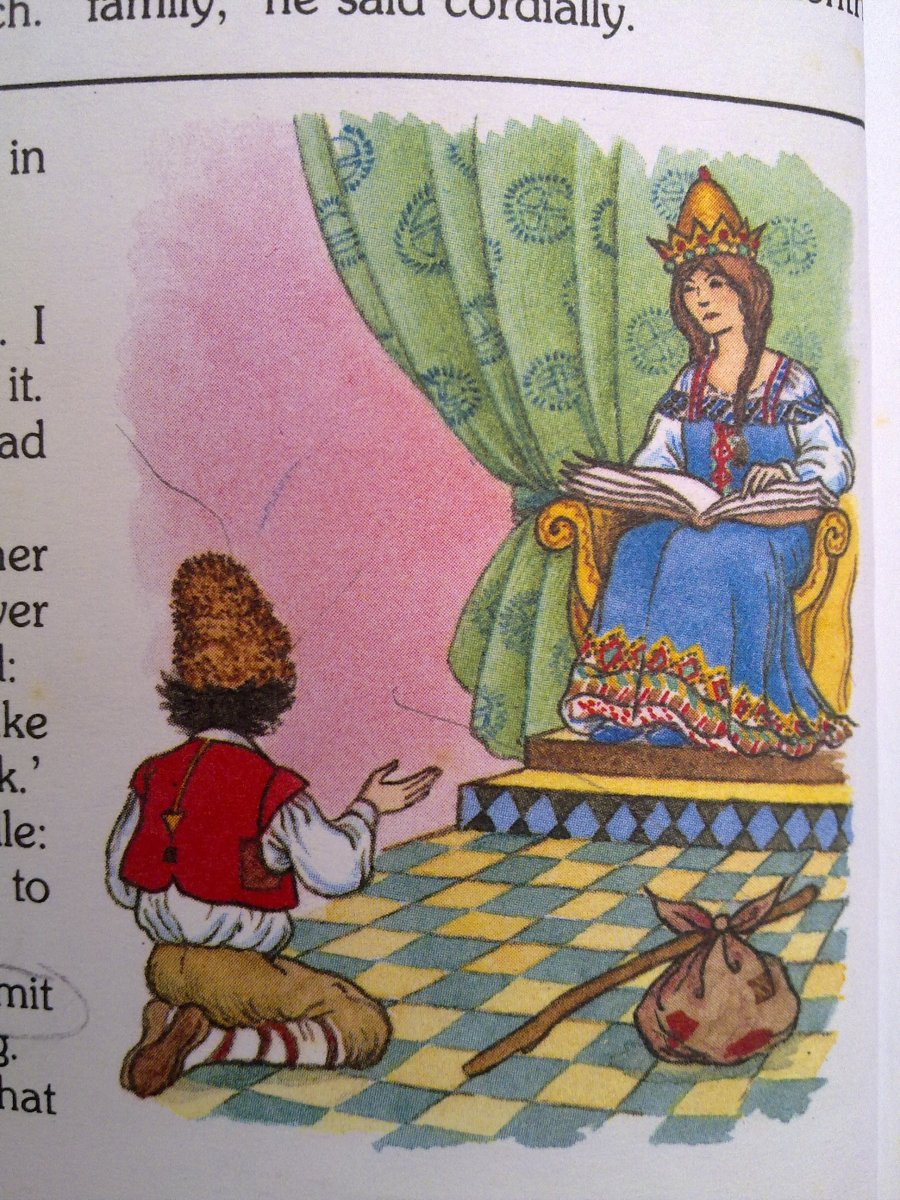The Write Life: How to Make a Short Story Outstanding

If you are have a shorter attention span like myself, you are probably a writer who loves the short story literary genre.
Though not as popular a genre as it was before, the short story still fascinates us today. Many writers and bloggers write these stories in their blogs.
Some have even delved into micro-fiction, stories in a 100 words or fewer.
Short tales clearly have value. But what sets them apart from novels? How would you craft an outstanding one

A. Why choose short fiction?
Why do these writers adore short stories? Short fiction has a few great advantages.
1. It is concise.
Short fiction is concise. A good short story does not ramble, but gets to its message in short, certain terms.
This is a wonderful boon for those who do not like to read through long character motivations or make sense of plot twists.
2. It sustains attention.
Being short, such fiction sustains attention. It is easier to read through a short story from start to finish than a novel or novella.
This also means that the writer has to have a few tools on hand to grab a reader’s focus effectively.
3. Short stories are effective tool for teaching values
Short stories are effective for getting moral messages and values across. Such messages often may become lost in a novel, with its many twists, turns and character developments.
They are wonderful teaching tools because they suit a child’s shorter attention span.
4. They provoke thought.
Short stories, like novels, provoke thought if well-penned, or as happens now, typed.
With often just one central idea, these tales get to reader’s hearts powerfully.

B. What sets the short story apart from the novel?
Knowing what sets a short story apart from a novel is useful for writers who sometimes confuse the two. Hoping to engage as many readers as they can, they sometimes fill short stories with too many elements.
Here are some ways the two differ.
1. Short stories leave the reader with one clear idea.
A short story has one clear message, instantly obvious to the reader.
A novel, conversely, may communicate a few ideas.
2. There are few sub-plots in a short story.
Short stories have fewer sub-plots. There is usually only one central idea in a short story.
Novelists, unlike short story writers, have the luxury of developing characters and their motivations. They can also introduce a few sub-plots essential to the story. with their twists, finally converging them in the last chapter of their novel.
3. Short stories do not have as many details.
Try not to go into lengthy descriptions of the character’s background or the setting. Keep these powerfully worded but most importantly, short.
Too many details may cause you to digress while writing the story.
4. Short stories have fewer characters.
Further, try not to have too many characters in the story. Have enough to add to its message.
Filling a short story with too many characters may cause you to lose the message of the story.
5. Things happen at a fast pace in a short story.
The plot of the short story develops at an incredibly fast pace. Conflict resolves fairly quickly.
A novel, in contrast, may turn a few interesting corners before the main idea and its sub-plots finally resolve as one.
Stephen King on the craft of Short Story Writing
C.?How do I craft a short story?
Now that we know the benefits of short stories and how they differ from novel, it is time to write one.
How do we start?
1. Have a theme in mind.
The first step to take is to develop a theme. Put simply, you must know what you want to write about and the message you want to get across to your readers.
It is easier to craft engaging story lines around a central idea.
2. Develop a few characters.
Think about a few characters and give them vital statistics. Make sure that you know what purpose they serve in the story.
They should develop in the story, albeit at a fast pace.
3. Do not focus on external details.
Remember not to dwell too much on the characters’ past or give descriptions that are too detailed. These are often left for novels.
4. Come to the resolution quickly.
Make sure that you reach the complication in the story and its resolution quickly.
A long ramble defeats the purpose of a short story.
5. Make each sentence powerful.
Make your sentences short and powerful. You do not have too many sentences to play with when you write a short story, so make sure that each tells you more about the characters or pushes the action forward.

D. How do I make it outstanding?
1. Start at the point of conflict
Organizing a story this way is difficult, but it certainly engages. Start at the point of conflict.
We can take the story about a relationship involving a third-party as an example. There are two ways of beginning it.
One:
Sarah, a sweet, petite woman of 40, lived to please her husband, Bob.
Their lives were humdrum, normal Creatures of habit, the two were early sleepers and risers.
That is, until Tom came along.
Two:
Sarah and Tom locked in a firm embrace, one mouth searching the other urgently. One hug, one kiss….passion soon consumed.
They did not hear the turn of the doorknob, or see Bob step in.
“What……” Bob blustered, temples throbbing, his mouth open. Tom and Sarah froze in place.
It did not take long for the usual chaos to follow. The errant Sarah had some idea how the three lives became painfully entangled.
Sarah, a sweet petite woman of 40, lived to please her husband. Bob was a reliable mechanic and their lives, though difficult, were nothing to complain about.
But they were humdrum, normal. Creatures of habit, they were early sleepers and risers.
That is, until Tom came along.
You can clearly see which would have more effect. Beginning the story with the conflict means that you would have to somehow move back to the beginning, but it is certainly more stylish.
2. Craft a catchy title.
A short story should have a title that grabs attention immediately. You only have a few short moments to touch base with a reader, so you have to make the title count.
Compare the two:
a) Confessions of a blind-sided woman
or
b) The diary of an affair
Every writer would know which works.
3. Use a different perspective.
Why not try writing things from a different point of view? I could have crafted a story from the cheating Tom’s point of view that may make readers more empathetic with the lovebird’s position, despite their wrongdoing.
Writing it in a third-party-comes-into-marriage style offers a judgmental, mundane point of view.
4. Have conflicting elements
All characters must face problems to raise interest. The obstacles they face and how they pull through them are the focus of any story.
5. Have the heart of the story in mind.
Always have the message of your story in mind so that you do not digress too much when you write.
If you are always focused on the purpose of your story, it becomes more powerful.
Which is your favourite genre?
E. Conclusion
Writing a short story, even for the most experienced writer, is a lot of trial and error. But that does not mean that you cannot have fun writing.
Other hubs on writing by Michelle Liew
- Mastering the Art of Storytelling
How do we tell a compelling story to adults and children? - What qualities constitute Respect, a gentleman refined
An acrostic poem about what respecting others entails. - A short story on Narcissistic Personality Disorder, its causes and effects
A short story on Narcissistic Personality Disorder, its causes and effects. - Embracing the creative wonder of solitude:an inspirational tritina poem
A tritina poem on why it is good to be alone - The Write Life: Giving Before We Take








